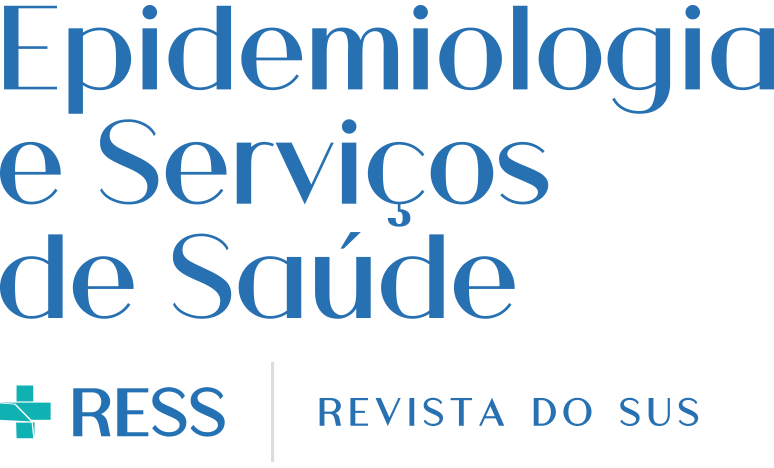Abstract
Objective:
to describe the distribution of solid organ transplants in Brazil, as well as information about the waiting list (demand) and origin of transplant patients by organ type and Federative Unit, from 2001 to 2017.
Methods:
this was a descriptive study using data from State Transplantation Centers, the Brazilian Organ Transplant Association, and the Brazilian National Health System Hospital Information System (SIH/SUS).
Results:
153 transplant units were identified in 2017, with only 11.8% located in the Northern and Midwest regions; within the study period, 99,805 transplants were performed, ranging from 3,520 (2001) to 8,669 (2017); the highest number of transplants was concentrated in the Southern and Southeastern regions.
Conclusion:
there are inequalities in transplantation access, possibly due to lack of uniformity in service distribution.
Keywords:
Organ Transplantation; Tissue and Organ Procurement; Health Equity; Health Services Accessibility; Epidemiology, Descriptive

 Thumbnail
Thumbnail
 Thumbnail
Thumbnail
 Thumbnail
Thumbnail
 Thumbnail
Thumbnail



